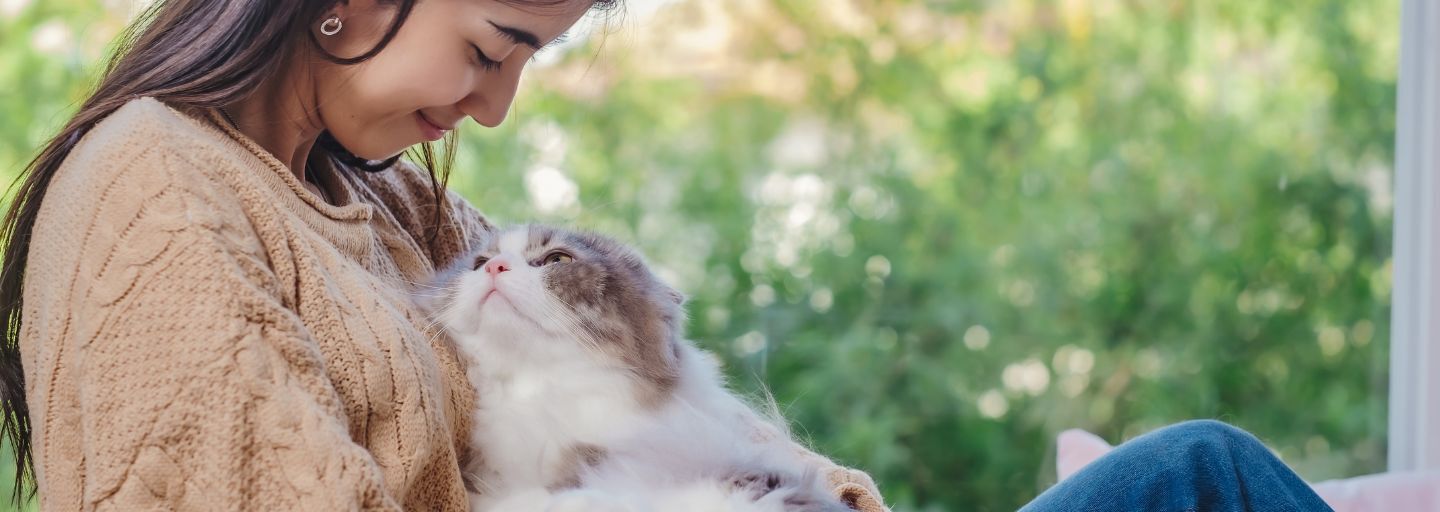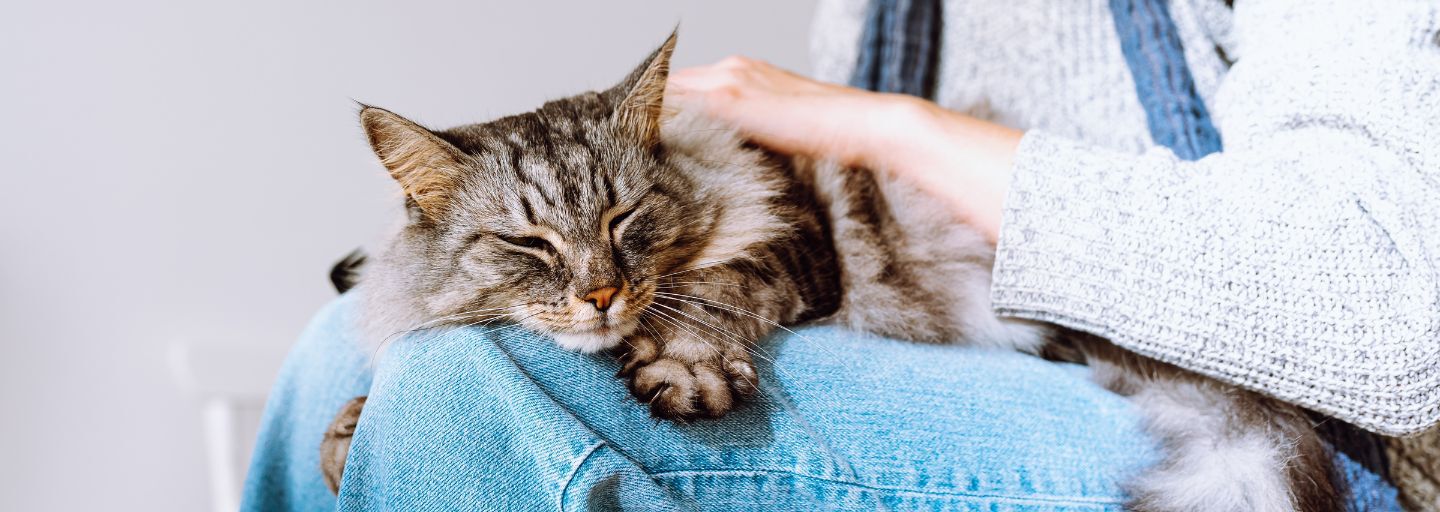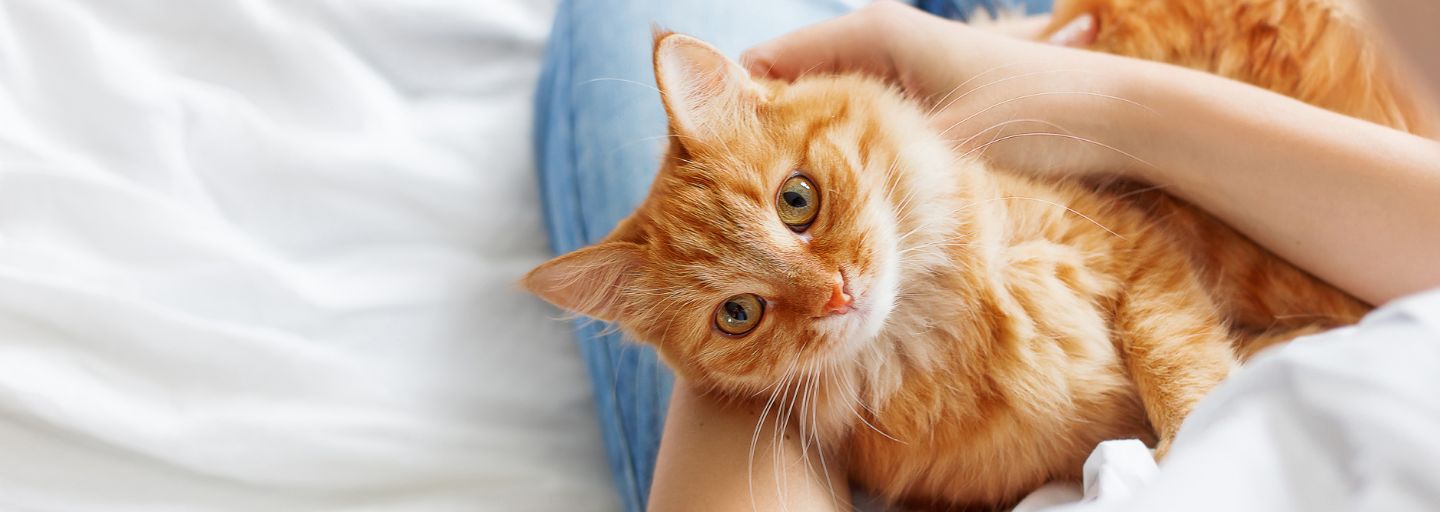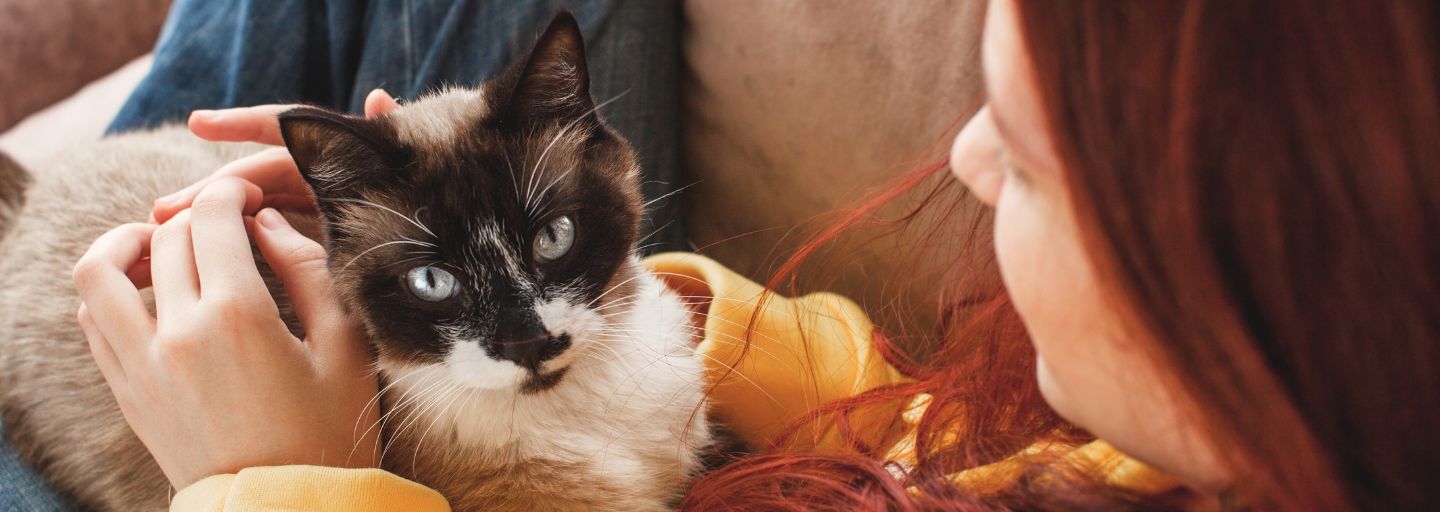As cat owners, we often wonder how our feline friends age in comparison to us. The concept of "cat years" has been used to estimate a cat's age in relation to human years. However, the calculation is not as simple as multiplying by a fixed number. In this article, we will explore the fascinating topic of cat years to human years and shed light on the factors that influence this conversion.
Contrary to popular belief, the notion that one cat year is equivalent to seven human years is not entirely accurate. While it provides a rough estimate, the reality is that the aging process in cats is more nuanced and can vary based on several factors, including breed, size, and overall health.
Different cat breeds age at different rates
Some breeds are known for their longevity, while others may have shorter lifespans. For example, the average lifespan of a Siamese cat is around 15-20 years, while a Maine Coon can live up to 12-15 years. These variations in lifespan are influenced by genetic factors and the unique characteristics of each breed.
Calculating your Cat’s age
While there is no universally agreed-upon conversion rate for cat years to human years, it is commonly believed that the first year of a cat's life is equivalent to about 15 human years.
However, the rate of aging slows down after the first year. Some sources suggest that the second year of a cat's life adds approximately nine more human years, making 2 cat years roughly equivalent to 24 human years
After the second year, each additional human year can be roughly equivalent to four cat years. Following this estimation, age 3 in cats would be approximately 28 human years.
However, it is important to note that this calculation is not a precise science. Cats age differently than humans, and individual factors can influence their aging process. Some cats may show signs of aging earlier or later than others, depending on their genetics, environment, and overall well-being.
What are the Common Signs of Aging in Cats?
As our feline companions grow older, they may start to exhibit certain signs of aging. While the aging process can vary from cat to cat, there are some common signs that may indicate your cat is entering their senior years. By recognising these signs, you can provide the necessary care and support to ensure their comfort and well-being.
- Changes in Activity Levels: Older cats tend to become less active and may spend more time sleeping or resting. They may not have the same energy levels as when they were younger and may prefer quieter activities.
- Decreased Mobility: Arthritis and joint stiffness are common in aging cats. You may notice that your cat has difficulty jumping onto furniture, climbing stairs, or getting in and out of their litter box. They may also have a slower and more cautious gait.
- Weight Changes: Older cats may experience changes in their weight. Some cats may lose weight due to a decrease in appetite or underlying health issues, while others may gain weight due to a slower metabolism. Regular monitoring of their weight and consulting with a veterinarian can help address any concerns.
- Dental Issues: Dental problems, such as gum disease and tooth decay, become more prevalent in older cats. You may notice bad breath, difficulty eating, or a reluctance to chew on hard food. Regular dental check-ups and proper dental care and brushing can help maintain their oral health.
- Changes in Coat and Skin: Aging cats may experience changes in their coat and skin. Their fur may become thinner, duller, or develop mats more easily. Dry or flaky skin can also occur. Regular grooming and a balanced diet can help maintain the health of their coat and skin.
- Changes in Appetite and Thirst: Older cats may have changes in their appetite and thirst. Some cats may eat less due to dental issues or a decrease in their sense of smell. Others may develop an increased thirst, which could be a sign of an underlying health condition. Monitoring their eating and drinking habits is important to ensure they are getting proper nutrition and hydration.
- Behavioural Changes: Aging cats may exhibit changes in behaviour. They may become more vocal, disoriented, or exhibit signs of confusion. Litter box issues, such as accidents outside the box, can also occur. Providing a consistent routine and a comfortable environment can help alleviate stress and support their well-being.
It's important to note that these signs can also be indicative of underlying health issues. Regular veterinary check-ups are crucial to monitor your cat's overall health and address any concerns promptly.
What is the Average Cat's Life Expectancy?
The average life expectancy of a cat can vary depending on several factors, including genetics, breed, environment, and overall health. While some cats may live well into their late teens or even early twenties, others may have shorter lifespans. On average, indoor cats tend to live longer than outdoor cats due to reduced exposure to risks such as accidents, diseases, and predators.
According to research and veterinary data, the average life expectancy for a domestic cat is around 12 to 16 years. However, it is not uncommon for cats to live beyond this range with proper care and attention. In fact, many cats are now reaching their late teens and early twenties, thanks to advancements in veterinary care and nutrition.
While we cannot control every aspect of a cat's life expectancy, providing a loving and nurturing environment, along with proper healthcare, can greatly enhance their quality of life and potentially extend their time with us. Cherishing the moments we have with our feline companions and ensuring their well-being is the best way to make the most of the time we share together.







